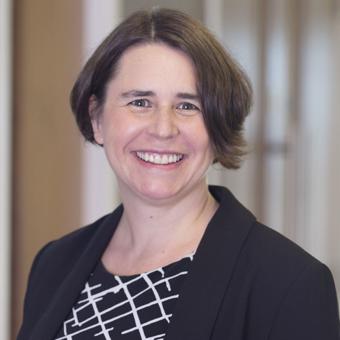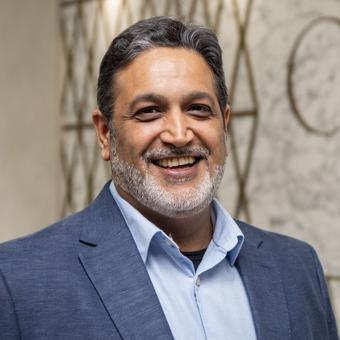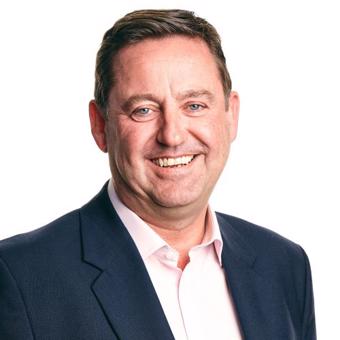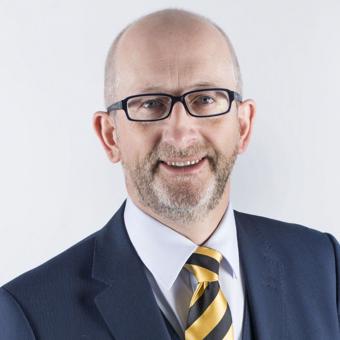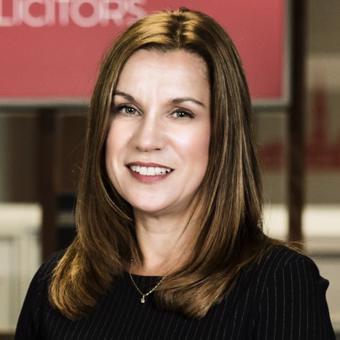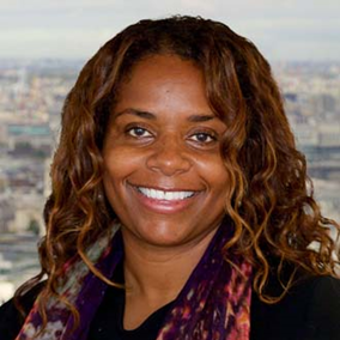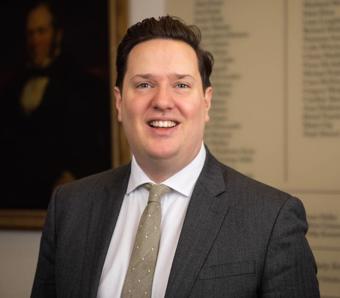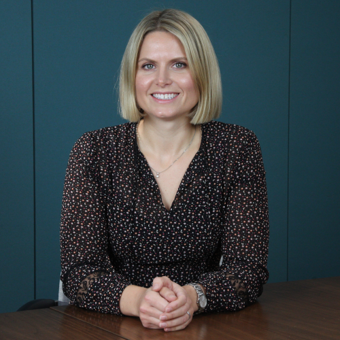Adrian Denson is Chief Legal Officer at Fletchers Solicitors, a Top 100 law firm that specialises in personal injury and clinical negligence work. It employs 500 people and has offices in Southport and Manchester.
The firm has recently published a book aimed at young children whose parents or carers have suffered serious, life-changing injury. Adrian, a specialist in catastrophic injury cases, tells The Brief about this book, and the need it fulfils, and shares a day in his life which was spent launching the book in a series of media interviews.
As Chief Legal Officer at Fletchers Solicitors, most of my days are spent supporting and managing our legal teams, discharging my responsibilities as a board director of a company with 500 employees, and working on a legal caseload that involves serious and complex injuries. One day in June 2021 was, however, rather different: I spent most of it being interviewed by a variety of radio stations about a new children’s book we had published.
I have been a personal injury solicitor for more than 20 years and, from a relatively early stage, have specialised in catastrophic injuries. Eleven years ago, I joined Fletchers Solicitors and, over a five-year period, grew our serious injury team from 11 to 55 lawyers, and also established a dedicated Court of Protection team, before taking on the role of Chief Legal Officer in 2016.
Any serious injury solicitor will tell you that when you are acting for somebody who has suffered a serious injury you are there for the whole family because it has a life-changing impact upon all members of the family. In an instant everything changes.
2.5m children affected
One of the things you often see is the impact serious injury can have on children within the family. Children can be adversely affected if a parent or an older sibling, or any other adult within the family, has been injured.
Although support can be gained through family therapy, we felt there was more we could do to support those children. The importance of this became clear after we ran some research which found that more than 2.5 million children in the UK are thought to experience mental health complications after a parent or carer suffers serious injury.
Following on from this, we worked closely with child psychotherapists and identified that although there were resources available to help parents to support children, there was nothing that we could find available anywhere that was directed at children themselves – a piece of the jigsaw was missing. So, we had the idea to develop a children’s book, and Bracky Builds a New Den came from that.
The book tells the story of a happy young dinosaur, Bracky, whose father suffers a life-changing injury which turns the family’s life upside down. It explores the range of emotions this provokes, and how eventually Bracky finds “a new way to be normal”.
An authentic portrayal
We brought in a professional illustrator, Sarah-Leigh Wills, but the book itself was written by the team here at Fletchers, along with child psychologist Charlotte Beaumont. The important thing for us was that the narrative and character development should be authentic – a genuine portrayal of the journey, which is really a grief cycle, that children often go through when serious injury happens to somebody they love.
The key message we wanted to get across to the children was that it is OK to feel the way they are feeling, that it is natural, and they shouldn’t feel embarrassed about it or ashamed of it. And I’m glad to say that all the feedback we have had so far has been really positive.
We have sent copies out to charities that we work with and to clients we felt would benefit. We have also given copies to some of the specialist units at hospitals with whom we have a strong relationship.
However, with 2.5 million-plus children out there who have potentially been affected, we need to do everything we can to extend the book’s reach. It is free to download as an e-book from our website, but we need people to know that it’s there.
This was one of the reasons behind the media launch, which centred around a day of radio interviews organised by our PR agency, Unhooked Communications.
Launch day
Having been briefed by the Unhooked team the previous day, I went into the interviews feeling comfortable about what was going to be involved, and what to expect. That was a really important part of the process.
All the interviews were carried out from home. I don't know whether this is the way it would have been done before the pandemic, but it certainly allowed us to pack a lot of interviews into one day – about ten in all.
The first interview took place at 8.00am, and that one was actually carried out by Charlotte Beaumont, the psychotherapist with whom we had collaborated on the book, as well as one of our former clients. I think that in this case the interviewer didn’t want to speak to a lawyer, but to somebody who had been impacted by serious injury and the psychotherapist.
That was the only one done that way, and the rest were either me on my own or me and Charlotte. It was about a 50/50 split between live broadcasting and pre-recorded interviews that would air later in the day.
It’s hard to say which format I preferred. There is a buzz from doing it live, but the first couple we did were pre-recorded which was a good way to start because there is a bit less pressure.
Although we started the day with a schedule of interviews, this got added to as the day progressed. I would be on a Zoom call with a journalist and an email would come through from our PR agency saying that another interview had been added into the diary, either later that day or on a subsequent day, so it was quite dynamic.
The PR agency provided a briefing document in advance of each interview, so we knew what to expect, and also whether the interviewer was likely to stick to the questions that had been agreed in advance or to go off-piste. Each interview was different, but I think we managed to get the key messages across in all of them.
Positive engagement
What I also found was that all the interviewers were really positive about the book and what we were doing, so, even if they didn’t stick to the script, they weren’t trying to trip you up. In the past I have done TV and radio interviews about specific cases or settlements, and those interviewers could sometimes be quite aggressive, but that really wasn’t the case with the book. I felt there was a genuine interest in the research and what we were trying to achieve.
It was also interesting to see how the media team managed everything throughout the day. They were there in the background working away, fixing Zoom links that weren’t working, liaising with the radio producers and making sure everything went smoothly.
We had a debrief at the end of the day and it was clear that the PR team, who had spent a long time pulling the interviews together and arranging everything, were elated with how well it had gone – they were clearly buzzing afterwards.
It was a great day, and a change from my normal routine – although between interviews I was keeping on top of the day job, messaging my team, squeezing in calls and dealing with emails. But the most important thing was that it helped to get the message out there about the book, and raised awareness about a really important issue that is close to the hearts of everyone who works on the serious injuries team at Fletchers.
Download
Visit
- Connect with Adrian Denson on LinkedIn

